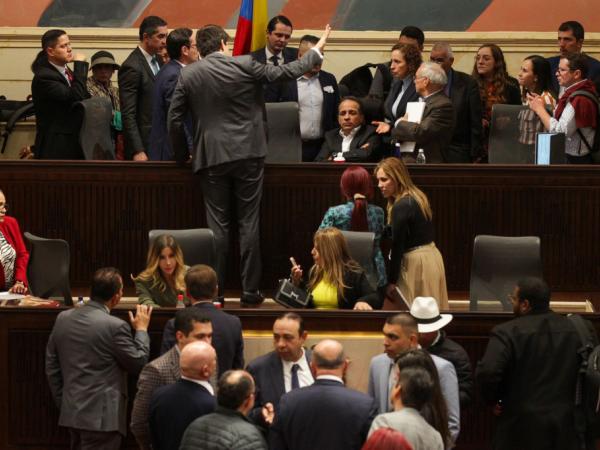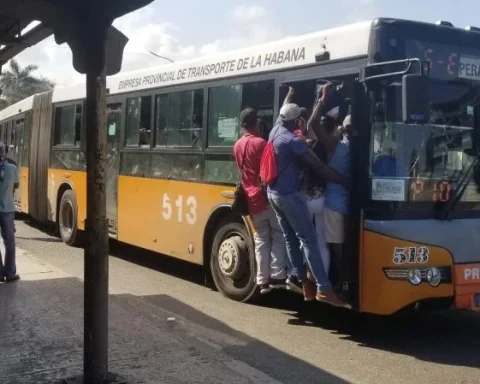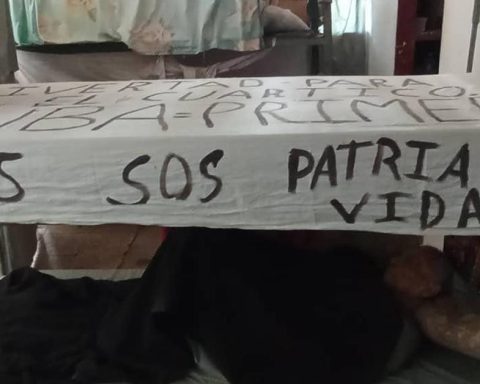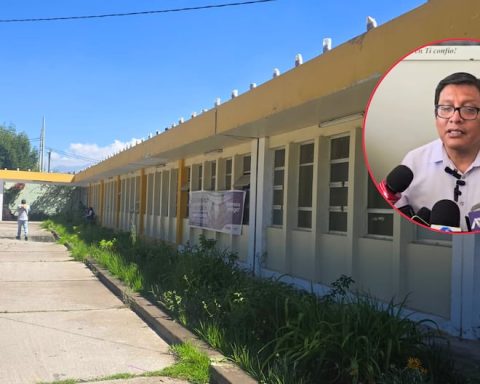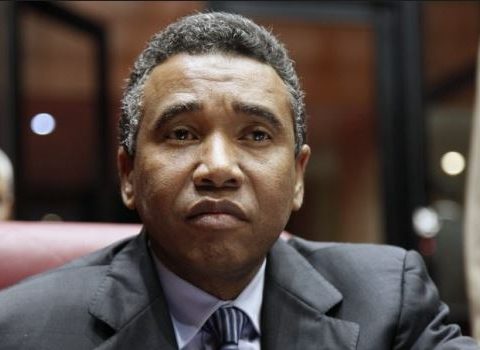The approval of the amount of the General Budget of the Nation for 2025 remains in limbo and this week there will be no further progress, despite the fact that it should have been given before September 15, as established in national legislation, thanks to a legal move that occurred in Congress in the midst of the division between the parties aligned with the Government and those in opposition, who insist on reducing spending.
Although at one point it was said that the session was going to be held on Saturday 14th September if it was necessary or that they would call for extended sessions to seek an agreement, in the end it was decided to leave everything for later, focusing on the next deadline granted by the Constitution, so that the entire Budget project can be approved in the first debate, including the amount that remains in dispute.
For reading: Superservicios intervened in the energy company Air-e: what comes next?
This decision had to be made after the session scheduled for Thursday, September 12 was postponed due to lack of quorum in one of the four economic commissions, which only reached the number necessary to debate, but not to make a substantive decision, which was described as a sign that the mood is not the best and that without dialogue and consensus, it will be difficult to reach an agreement.
Move from the past
At the close of the session, the president of the economic commissions, Jorge Eliécer Salazar (Partido de La U), gave details of what is coming for the budget project and stressed that taking into account that they do not see it feasible to reach an agreement before Saturday, they reviewed the laws and legal concepts current, they found a reference point that will allow them to give themselves a little more time.
Congress of the Republic.
THE TIME
“We have consulted with people who were in the Budget Office for 30 years and many experts, and found that there was a similar situation during the government of former President Andrés Pastrana. September 15th arrived, they did not approve the amount, but Congress continued with the process and the budget was approved. That budget was demanded and ratified by the Constitutional Court, so there was no problem, so we are going to proceed in the same way,” he said.
That said, Salazar warned that the responsibility of the board of directors is to ensure that there is debate and that spaces are opened for dialogue in search of solutions that allow overcoming the differences that currently exist between congressmen. Likewise, he announced that next week the rapporteurs of the financing law will be summoned to explain this project and its scope.
Aim at 25
Senator Angélica Lozano, vice president of the committees, also spoke out on this issue, stating that it cannot be overlooked that there are major differences within the committees, which is generating uncertainty among Colombians and that this is where the priorities of Congress should start.
More news: The Bank of the Republic warns that it is inconvenient to modify the fiscal rule
“Our duty, since the four commissions do not agree on a single amount, is to continue debating and that is why, with all due rigor, we will move until September 25, when we should have all the appropriation of the Budget broken down, with the established amount,” said Lozano.
Although this congresswoman maintained that the important thing is to debate, she made it clear that the law enables President Petro to define by decree the amounts to be executed next year if there is no agreement on the Budget by October 20, having as a priority the economic and fiscal stability of the country, which is why she invited people to find points of agreement and prevent this from happening.
Take care of the fiscal rule
Following the standoff in Congress and the denial of the amount of the General Budget of the Nation, the Bank of the Republic assured that the Government’s intention to modify the fiscal rule as part of the strategies for funding public expenditures and investments for 2025 is inconvenient.

Colombian pesos.
The Weather Archive
This was stated by the manager of the station, Leonardo Villar, who clearly emphasized, at the Confecámaras congress, that it is not convenient to modify the fiscal rule, because it could make public debt more expensive.
Regarding how we will end this year, Villar said that although the country is on a path to recovery, the outlook suggests that the Colombian economy will grow by 1.8%. However, if the conditions are met, the Colombian economy would be growing by 2.5% or even 3% in 2025.
“Overall we are seeing an economy which had a critical moment and is now on a path to recovery.”
Meanwhile, Fedesarrollo indicated that the tax changes that the Government contemplated in the financing bill represent a high-risk decision for the economy and business recovery, amid the challenges that the country faces in getting the reactivation off the ground.
Read also: Health care financial crisis threatens to worsen drug delivery problems
Luis Fernando Mejía, director of this center for economic studiespointed out that a new tax reform, at this time, could affect the reactivation of the Colombian economy, weakening both household income and investment. In addition, the experts pointed out that the Government must send clear messages to dispel “the clouds of uncertainty.”
For Mejía, the country is in a “complicated situation in which tax reform is inconvenient, when the country is entering a stage of recovery, households are feeling the impact of taxation. Thinking about a reform is a very risky strategy,” he said.
The Ministry of Finance defends itself
In the face of constant warnings about the fiscal management that is being proposed with the Budget accounts, the Minister of Finance, Ricardo Bonilla, maintained that nothing illegal is being done and that each of these is justified. in the Medium-Term Fiscal Framework, which is why they have the necessary support.

Ricardo Bonilla, Minister of Finance.
THE TIME
“This is not the first time, nor is it illegal, nor is it blackmail that a budget is presented with no funding and is accompanied by a financing bill. The financing bill is to complete the financing. That is its name. It is not the first time that this has been done in Colombia, the budgetary regulations say so, allow it, authorize it,” said Bonilla González.
For now, we can only wait to see what happens next week in the Congress of the Republic, since certain sectors continue to insist on the cuts, while the Ministry of Finance makes it clear that it will remain as it is.
